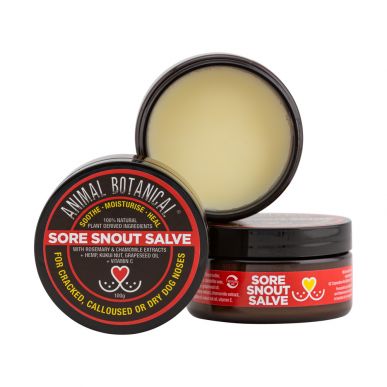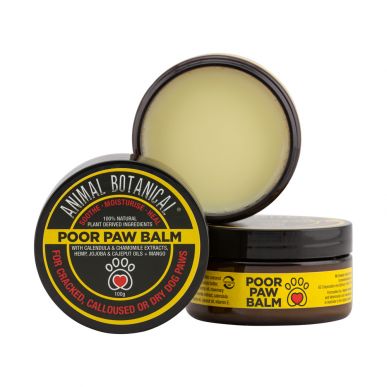It is characterised by a temporary loss of pigmentation in the nose, causing it to lighten or turn pink. IT is more commonly observed in Siberian Huskies, Labrador Retrievers, Golden Retrievers, and Bernese Mountain Dogs.
Winter nose usually occurs during colder months. The exact cause of snow nose is not fully known, but it is believed to be associated with a decrease in melanin production in the nose. Melanin is the pigment responsible for giving colour to the skin and hair. It typically affects the central part of the nose, or the pigment of the flat part of the nose called the nasal planum.
The loss of pigmentation in the nose due to snow nose is generally harmless and doesn't cause any pain or discomfort to the dog. The nose usually returns to its original colour when the weather becomes warmer or during certain times of the year. However, in some cases, the colour change may be permanent, especially in older dogs.
It's important to note that snow nose is a cosmetic issue and does not indicate any underlying health problems. However, if you notice any other changes in your dog's nose, such as sores, swelling, or other abnormalities, it's recommended to consult a Vet.
If you dog’s nose has permanent sores, bleeding or crusting, if he’s rubbing continuously rubbing his nose, or if there are significant changes in texture or colour, make an appointment with your vet.
How to treat winter nose
Sun protection
Protect your dog's nose from excessive sun exposure, as ultraviolet (UV) rays can potentially exacerbate the loss of pigmentation. Apply pet-safe sunscreen and avoid excessive sun exposure.
Moisturise
Keep your dog's nose moisturised to prevent dryness and cracking. Sore Snout is for cracked, calloused or dry doggie noses. This is a moisturising balm with rosemary and chamomile extracts plus hemp, Kukui and grapeseed oils and vitamin C. It’s a specially formulated plant extracts to soothe, moisturise and support natural healing.
Healthy diet
Ensure your dog is receiving a well-balanced diet that includes essential nutrients. Optimal nutrition supports overall skin health, including the nose.



